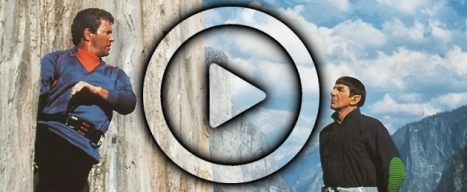“Why have I never done that before?”
The Devil’s Chord is, to put it frankly, a mess.
It is an episode that is trying to do so many things. It is an attempt at a celebrity historical featuring the Beatles. It is a journey into the history of Doctor Who. It is an attempt to build up lore to play into the larger arc of the season around it. It is an attempt to argue for the very idea of art as something with intrinsic value at a time when writer Russell T. Davies is openly lamenting the erosion of the BBC. It is an effort to introduce a new memorable villain, played by a notable guest star. It is an attempt of that classic trope, the musical episode.
There is a sense that all of this is too much. The Devil’s Chord is bursting with ideas. Like Wild Blue Yonder, it feels like an episode written by a showrunner who has had more than a decade to kick around new ideas for Doctor Who and is bristling to get them into the show. While Wild Blue Yonder was able to make those ideas cohere into a single narrative, The Devil’s Chord fractures and breaks under the sompeting impulses driving it.
Unfortunately, The Devil’s Chord strikes a bum note.

This Venom sequel is not what I expected.
Filed under: Television | Tagged: abbey road, doctor who, music, musical, russell t. davies, The Beatles, the devil's chord, the giggle, the maestro, the toymaker | 4 Comments »




























